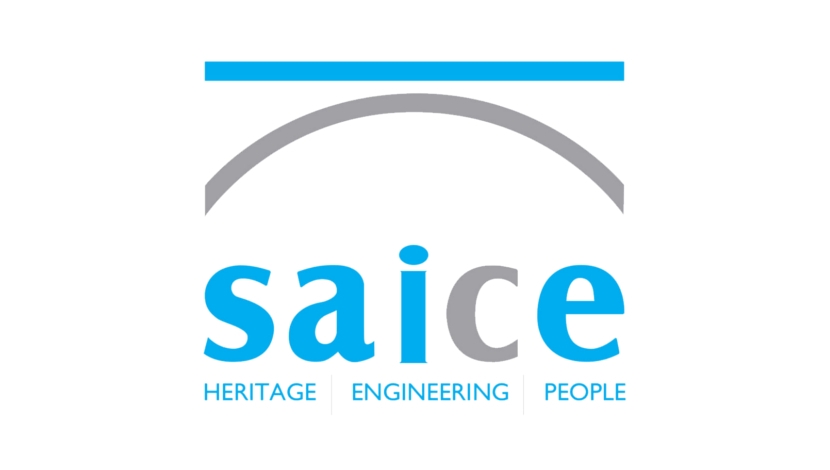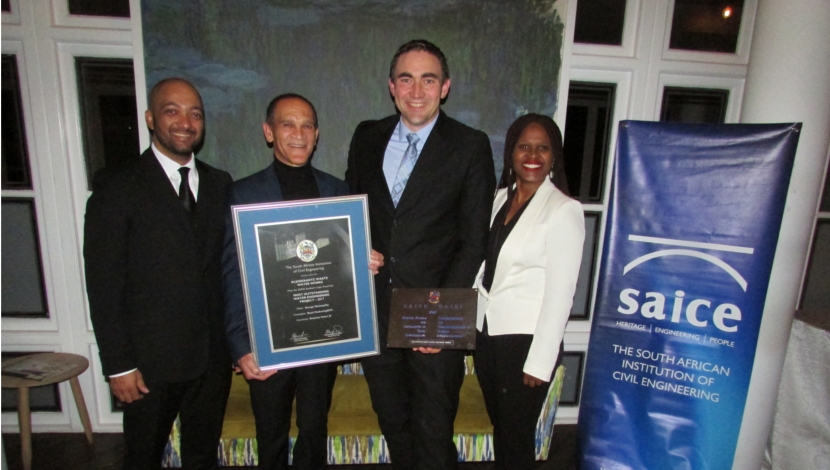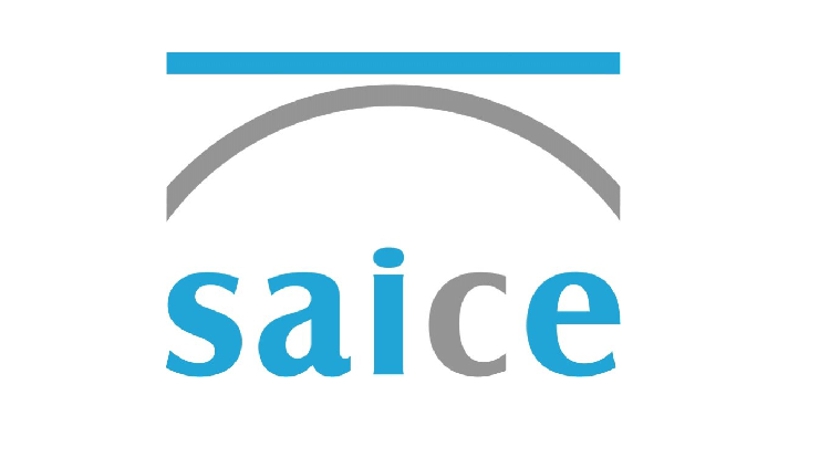

The South African Institution of Civil Engineering (SAICE) is perturbed that South African civil engineering practitioners are once again being ignored in favour of engineers from abroad — Cuban technicians and engineers will continue to exchange skills within the department’s Water Programme.
Deputy Minister of Water and Sanitation (DWS), Pamela Tshwete, has signed an agreement with Cuba’s Institute of National Hydraulic Resources (INHR) to extend the RSA-Cuba Cooperation agreement to 2023.
In May 2017 Minister of Water and Sanitation, Nomvula Mokonyane, defended the decision by saying, “Thanks to the Cuban programme, black engineers who could previously not obtain accreditation in the water industry, have now been accredited”.
The first question that arises is whether the Cuban technicians and engineers are registered as professionals with the Engineering Council of South Africa, a process that every South African technician, technologist and engineer have to do in order to obtain accreditation and being registered as a professional engineering practitioner.
Currently ECSA does not recognise the Cubans’ qualifications and the type of work they are doing in the country because they are not registered with them.”
Deputy Minister Tshwete also made the statement, “We want to acquire as much skills as possible and Cubans are the best teachers in the field. We want to capacitate our engineers so they can help the country address its own water challenges, particularly now that old engineers are leaving the field.”
South Africa is signatory to the Sydney, Dublin and Washington Accords, which is dependent on a substantial peer-review system for professional registration with ECSA, and which enables South African engineering practitioners to work extensively globally, specifically in neighbouring states.
South Africa has world-class civil engineering professionals in hydrology and hydraulics and water engineering in general. There are many experts such as Neil Macleod, who received the 2014 Stockholm Industry Water Award for “Most progressive water utility in Africa” on behalf of eThekwini Water & Sanitation, in the Durban Municipality, South Africa. The utility was awarded for its transformative and inclusive approach to providing water and sanitation services.
Manglin Pillay, CEO of SAICE, states, “Our engineers are world-renowned and very well recognised globally, but we don’t seem to be having the same favour here in South Africa!”
Pillay emphasises, “Our engineers need to get first choice. We have excellent, experienced engineers both locally, as well as those who are currently working outside of South Africa. Government needs to make strides to attract South African engineers back to South Africa, and back into our government sector where they are most needed. If there is a shortage thereafter, then the whole world can join us!”
As SAICE and other voluntary industry associations have pointed out over the past five years, there is a serious shortage of technically qualified managers in all three tiers of government, which is of great concern. However, bringing in Spanish-speaking engineers is not a solution, as their work spans only a couple of years. Their presence will also not address the issue of inappropriately qualified and inexperienced persons appointed in technical positions in government.
Pillay furthermore argues, “Importing Cuban engineers has a possible unintended cost, i.e. the lack of training and developmental opportunities for our own young engineers.
Pillay concludes, “SAICE is seriously perturbed about the import of Cuban engineers and once again implores government, and specifically the Department of Water and Sanitation, to further engage with us (SAICE) to find solutions. Together we can solve South Africa’s water problems!”
For more information, please contact
Nadeena le ’Tang
Tel: 011 805 5947





